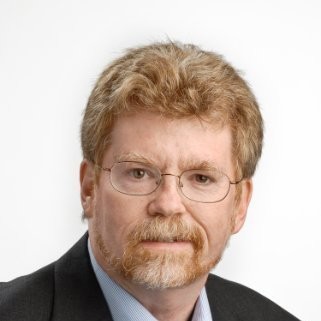By Amberlyn Guzman, Forest Management, B.S. ‘28
Toyia Sims, interim Title IX Coordinator, led a powerful and informative discussion on Title IX and its role in preventing sexual harassment at SUNY College of Environmental Science and Forestry (ESF) on April 8, 2025, as part of the college's Perspectives of Career and Gender course in-class conversation section available to other student and faculty. The discussion was solely led by Sims.
Sims’s presentation
offered a clear overview of Title IX, a federal law that prohibits sex-based
discrimination in education. She explained how ESF implements Title IX policies
to create a safe
and inclusive learning and working environment. Through a combination of legal
explanation, real-world examples, and discussion-based engagement, Sims
highlighted the pathways available for students, faculty, and staff to report
concerns, seek resources, and access support services confidentially.
The discussion
emphasized the preventative aspects of Title IX compliance, including mandatory training, awareness campaigns, and responsive institutional processes that protect the rights and well-being of all
campus members, while also allowing room for students to verbalize their questions and concerns about how Title IX operates.
The discussion ended with questions from Sims that highlighted the things we learned during the conversation of not just about Title IX, but also harassment and discomfort in professional settings, and how to identify, seek support, and take steps toward resolution and healing within a safe and respectful campus environment.
Toyia Sims earned a BA from Columbia College in 2002. She has been Senior Personnel Associate within ESF's Human Resources office since 2023.
For more information about, ESF's Title IX process, please visit https://www.esf.edu/administration/titleix. For upcoming public events, visit https://www.esf.edu/calendar/








